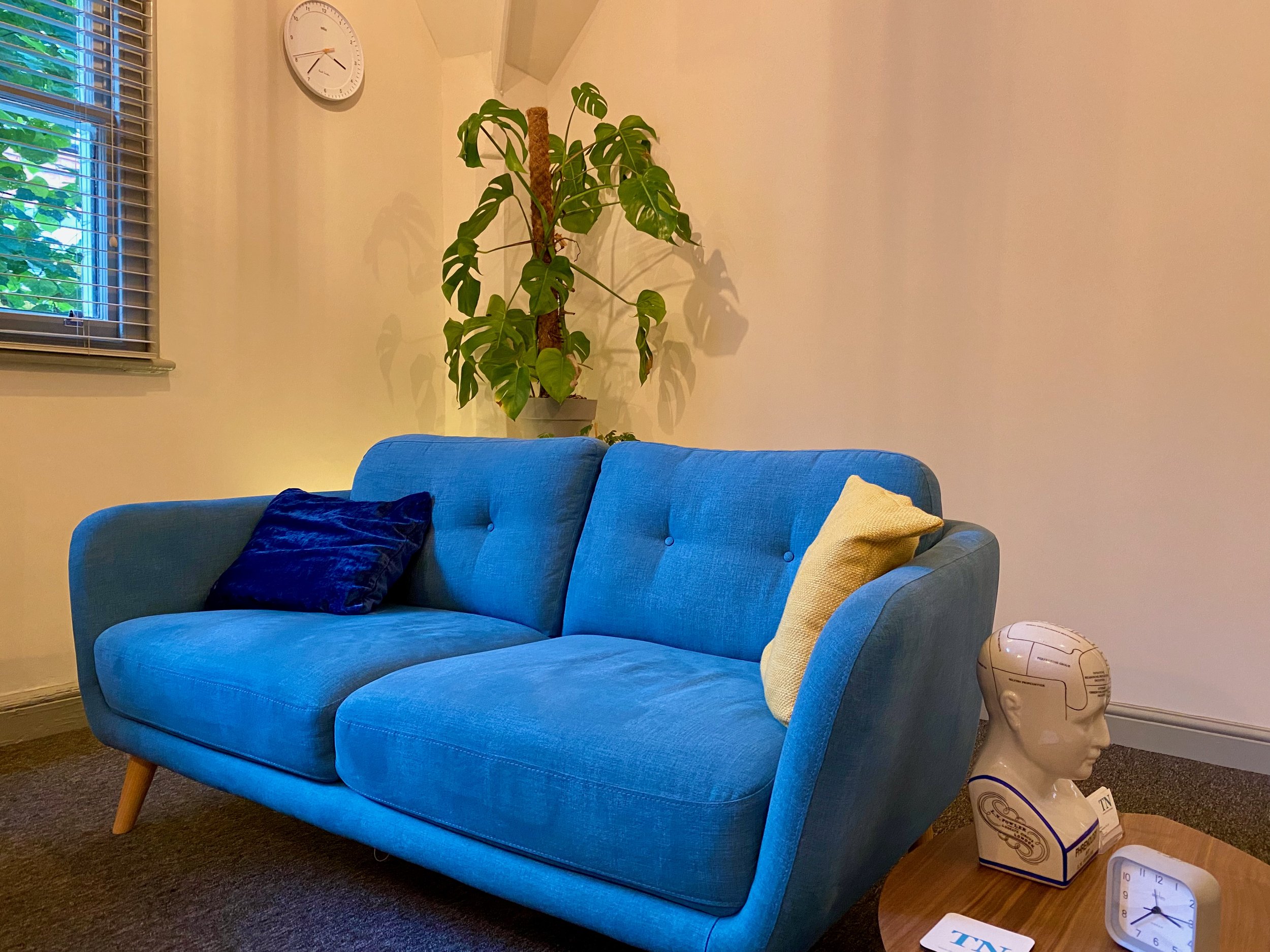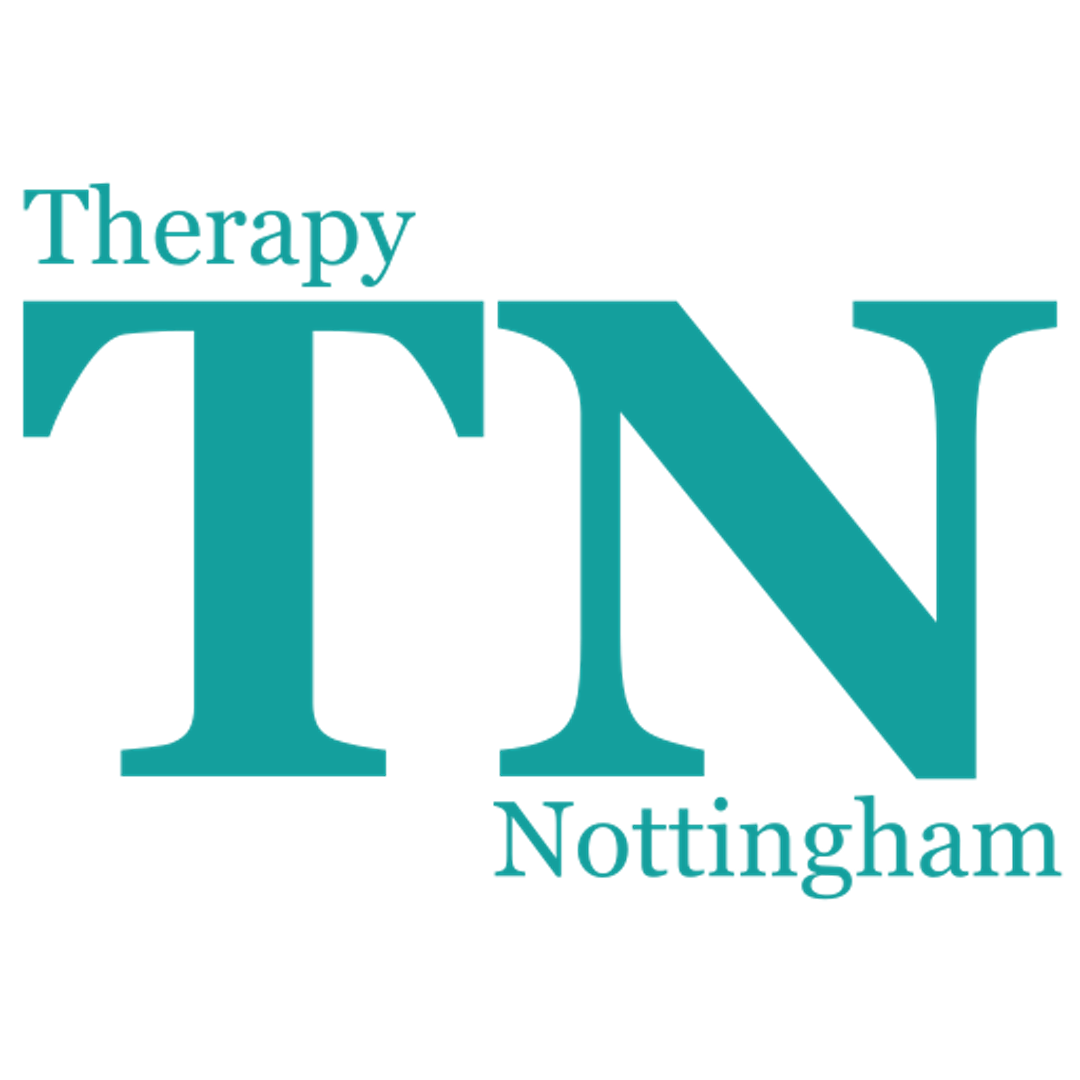
Our integrative approach
Here at Therapy Nottingham, we describe ourselves as an Integrative psychotherapy service. But what do we mean by this? The short answer is that we integrate multiple approaches into our practice, however, this does not very well describe the depth of our integrative approach. In beginning to describe the approach here, you will see that it is more of a philosophy than a prescriptive handbook for psychotherapy.
Integrative or eclectic?
Confusingly, lots of psychotherapists call themselves “integrative” practitioners, but this can mean widely different things. For many, this essentially indicates that they pick and choose from an array of approaches and theories depending on the client and the issues they are working with. This eclectic approach to integration can be helpful, but there can often be no underlying theory or understanding as to why a particular approach is being used other than “it seems like the right thing”.
For us, we instead rely on a clear rationale for including or excluding different aspects of theory and practice, which lies within our relational and developmental approach. Every part of our integrative practice is there precisely because it supports our relational and developmental understanding of the client, their experiences and difficulties, as well as their route to change, growth and health. But there is also room for variation, so while every psychotherapist here will broadly subscribe to this approach, the detail of their individual integration and their unique practice will vary from person to person.
Even though all psychotherapists may be likely to prefer and promote their own approach, the distinction is perhaps less important. Almost all rigorous research consistently notes the quality of the relationship between the therapist and the client as being important.
The relational
We believe that as human beings, we are essentially relational creatures. Our need for relationship is a primary motivation of human behaviour. We need and seek relationships, we exist within relationships, and it is also in relationships that we can change and grow. As psychotherapists, we are considering the contact, that is, the way in which our need for relationship is met. Put simply, contact refers to the quality of the transactions between two people. This includes:
awareness of ourselves
awareness of the other
sensitively meeting the other
authentic acknowledgement of ourselves.
This awareness extends to our full awareness of physiological sensations, feelings, needs, sensorimotor (sensation and movement) processes, thoughts, and memories that occur within us, and also to engage with a full awareness of external events as registered by our sensory organs (what we can see, hear, touch, taste, and smell).
The developmental
Human developmental theory leads to the understanding that our awareness of self and self-esteem emerge out of contact in relationship. How we experience ourselves within relationships goes on to provide and inform a basic organising principle for all future interpersonal interactions. This process starts from birth, and continues throughout life. While there may not be clearly identified ‘stages’ of development which follow neatly one after the other, it is true that early developmental deficits and difficulties will have an impact on later functioning.
How it all comes together
These are the basic starting points that we, as Integrative psychotherapists, have in mind when meeting a client, and they inform how we think about the client, the difficulties they are experiencing, and what is going to be helpful for them. These ideas also form the basis for our decisions about which specific areas of theory and practice we include in our work. We choose those things that work to enhance our understanding and the shared experience of being in a relationship with our clients. And in that relationship, we can then make decisions about how best to help our clients resolve the so-far unresolved things that are contributing to or causing their difficulties.
Doing more than ‘just’ talking
Of course, we do a lot of talking and listening. But Integrative psychotherapy goes beyond the simple ‘and how do you feel about that?’. We are also considering why that might be. Does that feeling belong here, or is it also part of something else? Maybe that feeling belongs to someone else, or is from a completely different time or experience. Through talking, we can also begin to make up for the things that may not have happened as they should have earlier in life. Obviously, we can not go back in time and re-do life, but we can identify and deliberately provide some redress in areas that have been so far lacking or problematic.

